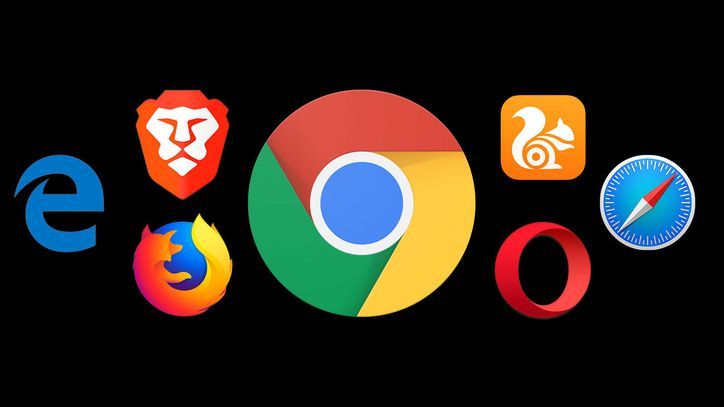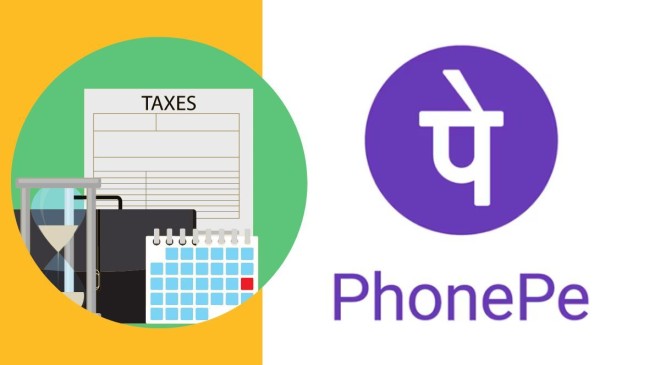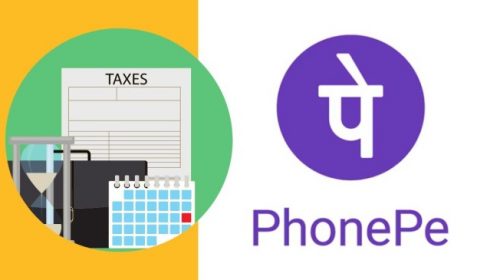A Google plan to enhance the Chrome web browser has triggered an explosion of concern that it’ll also cripple extensions designed to block ads, improve privacy and protect against security problems.
Google’s proposed approach would torpedo ad blocker uBlock Origin, JavaScript software blocker NoScript, privacy and password manager Privowny, tracker blocker Ghostery and a malware blocker from F-Secure, according to their developers.
In a statement made on Wednesday, though, Google stated it’s wanting to enhance Chrome while maintaining all those extensions working.
“We want to be sure all users that are fundamental are still feasible with these changes and so are using extension developers to produce certain their extensions continue to work while optimizing the extensions platform and better safeguarding our people,” the corporation stated in a hope that is statement.
The issues are shown by the controversy that arises from Chrome’s dominance a decade after its debut. Google’s browser accounts for 62 percent of site usage today, according to analytics firm StatCounter. But then extension authors and website developers can be stuck with it unless they are able to get thousands of people to alter to another browser like Mozilla Firefox or Apple Safari if a Google change causes problems.
Chrome’s power also is amplified by the fact that other browsers, including Vivaldi, Opera, Brave and quickly Microsoft Edge, use Chrome’s open-source foundation, called Chromium.
Extensions let you customize web browser behaviour doing things like take screenshots, manage tabs, disable websites’ potentially dangerous computer software that is javaScript even replace photos of President Donald Trump with images of kittens. But ad blockers are an expansion usage that is top. Indeed, it had been one of the uses Google specifically needed whenever it first revealed its Chrome extensions plan in 2008. uBlock Origin has been installed more than 10 million times, as an example, according to Chrome Web Store statistics.
Ghostery developer Cliqz stated Google’s proposed change is radical and threatened action that is legal it goes forward.
“This might basically suggest that Google is destroying ad blocking and privacy protection it,” the company stated in a statement Wednesday as we know. “Whether Google performs this to protect their advertising business or simply just to force its rules that are own everyone else, it could be nothing not as much as another case of abuse of its market-dominating position. If this comes true, we shall consider filing an antitrust complaint.”
Chrome’s Manifest v3 destiny
Google revealed the change in the past in as part of a broader plan to improve Chrome extensions October. Some designers are only now noticing the proper part which could harm advertisement blockers, called Manifest v3.
Manifest v3 is made to enhance Chrome extensions’ performance, protection and privacy. One part of that noticeable change, though, limits how extensions should be able to examine aspects of websites. The limit that is thorny how an extension can check if website elements originate from a list of hundreds of tens and thousands of advertising sources. Google has proposed a restriction of 30,000.
One expansion designed to safeguard individuals who click on harmful links, Blockade.io, “will cease to function” under Google’s Manifest v3 plan, said Brandon Dixon, who maintains the extension. “There is a rule that is 30K imposed, which just isn’t sufficient to handle our ruleset (~250K),” Dixon said in a Wednesday mailing list post.
Safari and Firefox have embraced variations of Chrome’s extensions technology, a strategy that in theory makes life easier for extension authors wanting to support browsers which can be multiple. But Privowny’s Daniel Glazman lamented the fizzling of a work to turn Google’s extensions technology into a web standard all browsers develop and help collectively.
The browser expansion technology is “fully in the hands of Google, [which] can and will change at any time based on its passions that are very own,” Glazman said in a blog post-Wednesday.
Wednesday Google probably will amend its extensions plan, though not its aspiration to improve performance and security, Chrome team user Devlin Cronin stated in a subscriber list response.
“This design is nevertheless in a draft state, and will likely change,” Cronin said. “Our objective is to not break extensions.”














